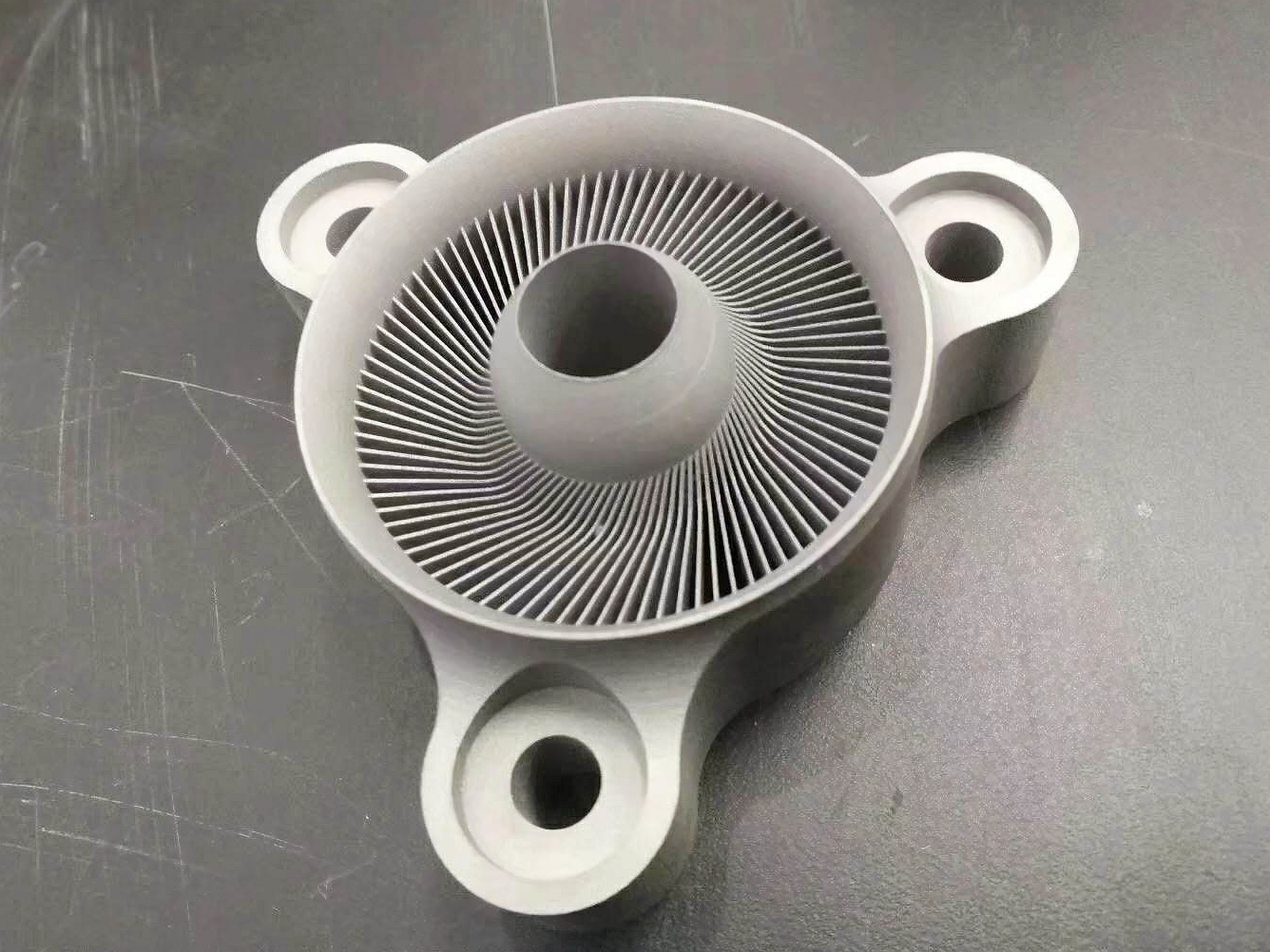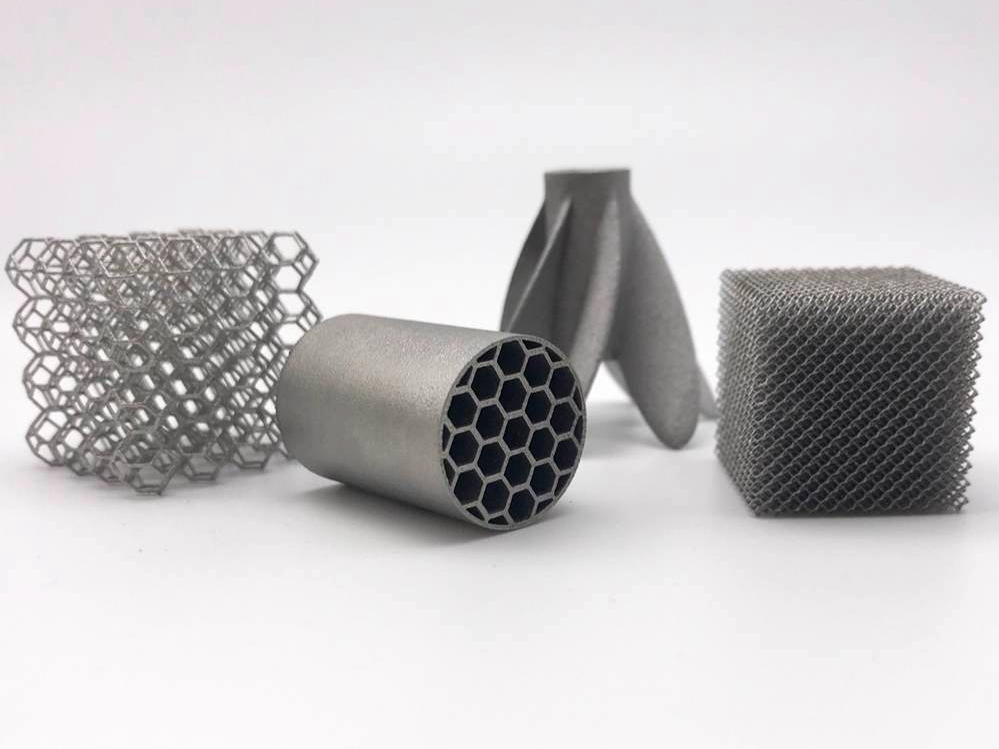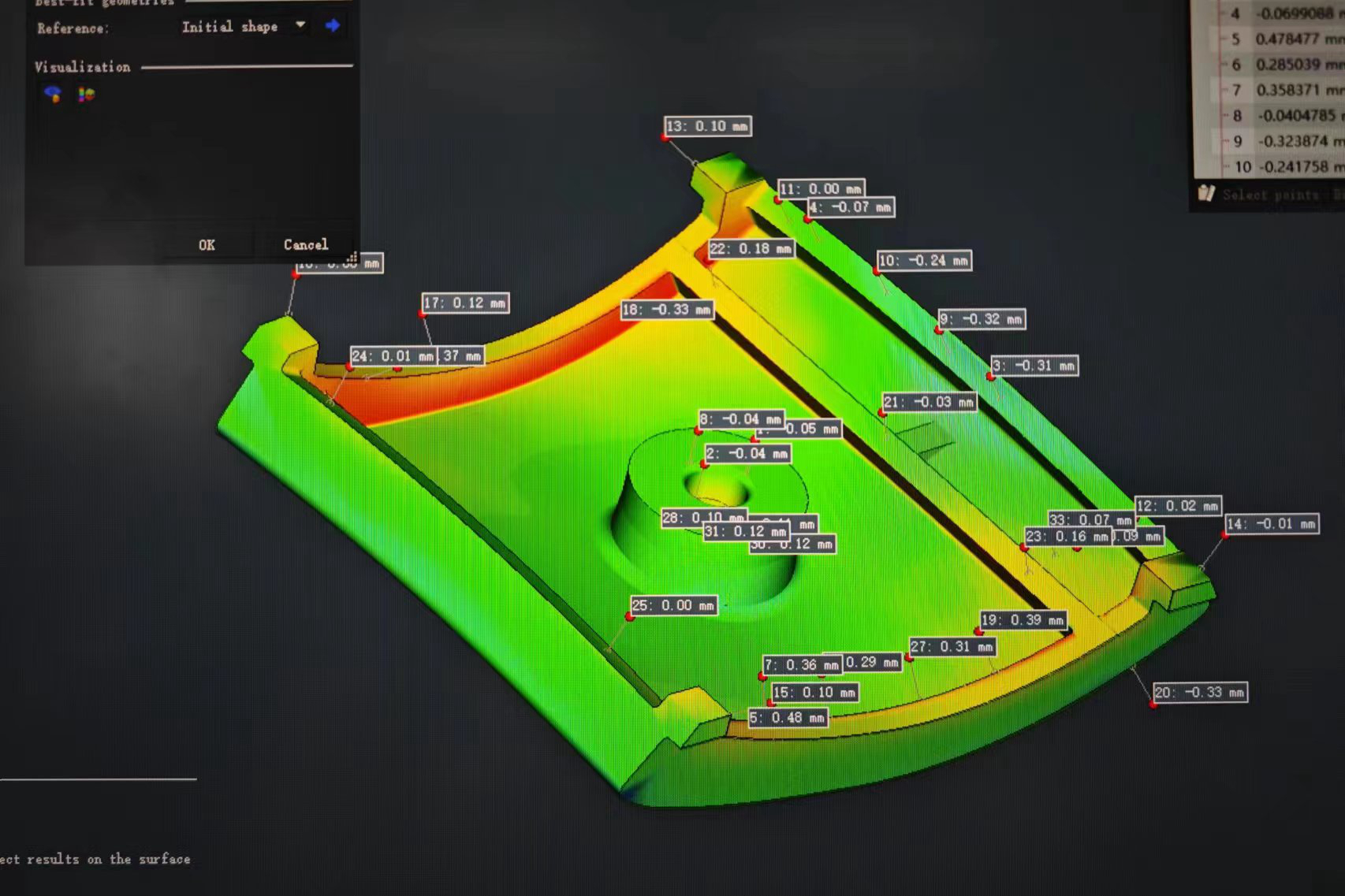What are the key advantages of stainless steel 3D printing over traditional manufacturing methods?
What Are the Key Advantages of Stainless Steel 3D Printing Over Traditional Manufacturing Methods?
1. Complex Geometry Without Tooling
Stainless steel 3D printing allows for the direct fabrication of parts with intricate internal features, lattice structures, and conformal channels—without the need for molds, dies, or multi-axis machining. Using Powder Bed Fusion, components such as heat exchangers, manifolds, and injection mold inserts can be manufactured with optimized performance and minimal assembly.
2. Cost-Effective Low-Volume Production
Traditional methods like casting or CNC machining become inefficient and costly for small batch or custom parts due to tooling and setup time. Additive manufacturing eliminates these costs, making it ideal for low-volume production, prototyping, and on-demand manufacturing using stainless steels like SUS316L or 17-4PH.
3. High Strength, Corrosion Resistance, and Mechanical Performance
Stainless steel 3D printed parts, especially those made from SUS304, SUS316L, or SUS15-5PH, offer excellent corrosion resistance, strength, and wear performance. With proper heat treatment and HIP, printed parts can meet or exceed the mechanical properties of forged or machined stainless steel.
4. Reduced Lead Time and Agile Manufacturing
3D printing eliminates long tooling lead times and enables production directly from CAD, drastically shortening the design-to-part cycle. This supports rapid iteration and agile manufacturing in aerospace, medical, and consumer electronics industries.
5. Sustainable and Material-Efficient Process
Additive manufacturing builds stainless steel parts layer by layer, generating minimal material waste compared to subtractive machining. This is especially beneficial for expensive grades or when material conservation is critical in large or detailed components.
6. Integration of Function and Assembly Reduction
With stainless steel 3D printing, multi-part assemblies can be consolidated into single, monolithic components. This simplifies manufacturing, reduces potential failure points, and improves overall product reliability—particularly in high-pressure or corrosive fluid handling systems.
Recommended Stainless Steel 3D Printing Services
Neway offers advanced solutions for stainless steel additive manufacturing:
SUS316L: For corrosion-resistant medical, food-grade, and chemical components
SUS630 / 17-4PH: For high-strength structural and aerospace parts
SUS304 / 304L: For general-purpose engineering
CNC Machining: For finishing stainless steel 3D printed parts
Heat Treatment and HIP: For property enhancement and internal defect removal



